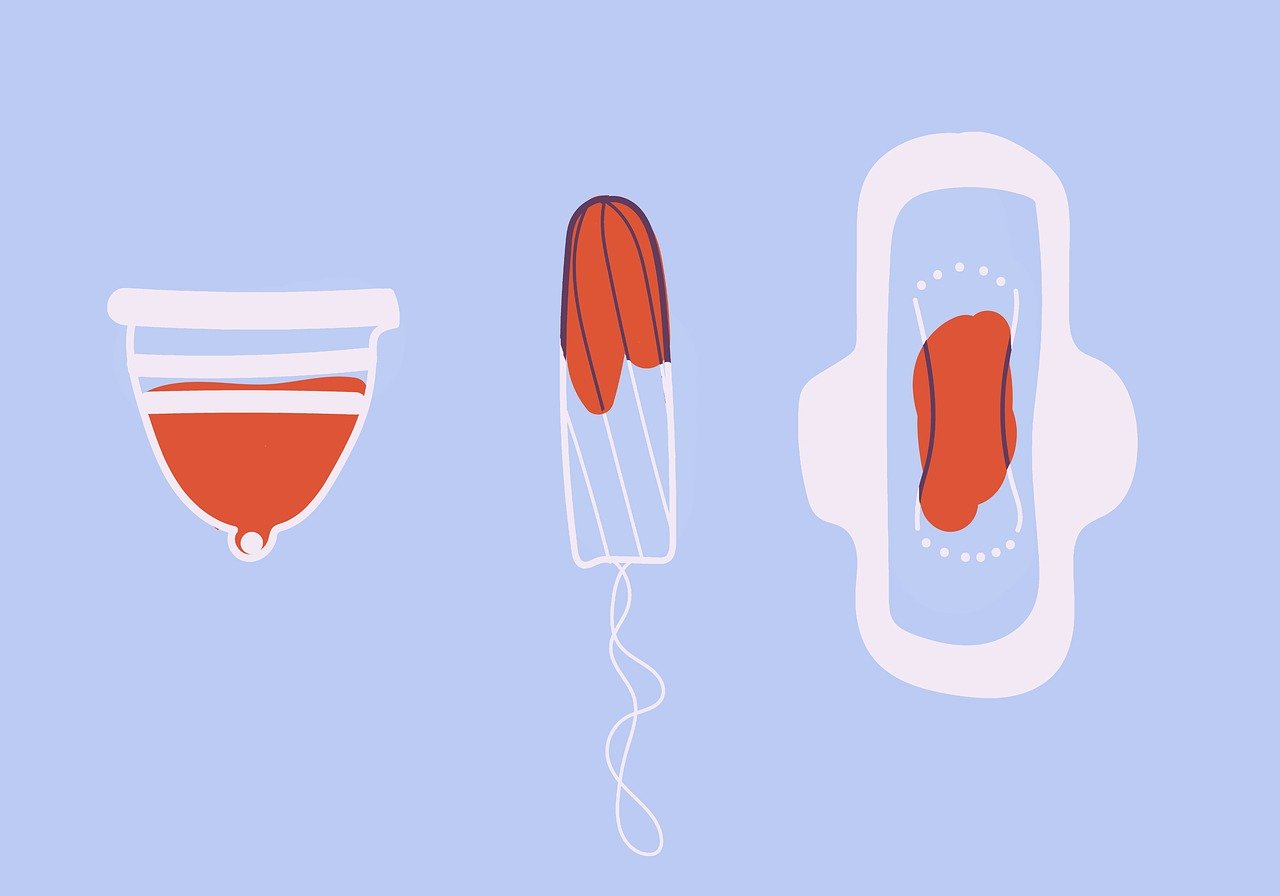Women with relatively short menstrual cycles, or cycle lengths, are more likely to develop cardiovascular disease, a study has found.
Women with menstrual cycles shorter than the average length of 21 days and longer than the average length of 35 days were more likely to develop atrial fibrillation, or an irregular heartbeat, according to a study published in Journal of the American Heart Association.
Heart disease risk factors such as insulin resistance, high cholesterol, high blood pressure, chronic inflammation and polycystic ovary syndrome have been linked to irregular menstrual cycles.Hormonal fluctuations during the menstrual cycle are thought to increase the risk of developing cardiac arrhythmias, or irregular heartbeats, it is said Heart. Org.
Current research points to different effects of menstrual cycles of different lengths.
“Longer menstrual cycles were associated with an increased risk of atrial fibrillation but not myocardial infarction, heart failure, and stroke,” the researchers wrote, while shorter menstrual cycles were associated with increased risk of coronary artery disease and myocardial infarction or heart attack related.
“Women with irregular menstrual cycles may experience adverse cardiovascular health outcomes,” senior study author Dr. Huijie Zhang, chief physician and professor at Nanfang Hospital of Southern Medical University in China, told reporters. CNN.
Zhang said the study hinted that it was time to raise awareness of the importance of irregular menstrual cycles throughout the reproductive years.
According to the National Institutes of Health, the estimated overall percentage of women worldwide with irregular menstrual cycles is approximately 14% to 25%.
Researchers analyzed health data from 58,056 women in the UK and found that women with regular menstrual cycles had a 2.5 percent risk of developing cardiovascular disease, while those with irregular or no periods had a higher risk of 3.4 percent.
The study also found that among women with regular menstrual cycles, 0.56 percent developed atrial fibrillation, 1.3 percent developed coronary heart disease, and 0.29 percent developed heart disease. In contrast, women with irregular cycles had higher rates of atrial fibrillation at 0.92 percent, coronary heart disease at 1.7 percent and heart attack at 0.45 percent.
More research is needed to further understand how the length and regularity of menstrual cycles can affect heart health, said Dr. Nieca Goldberg, a noted cardiologist and medical director of Atria in New York City, and associate professor of clinical medicine at NYU Grossman School of Medicine , told CNN. Goldberg was not involved in the study.

Pixar
Published by Medicaldaily.com


